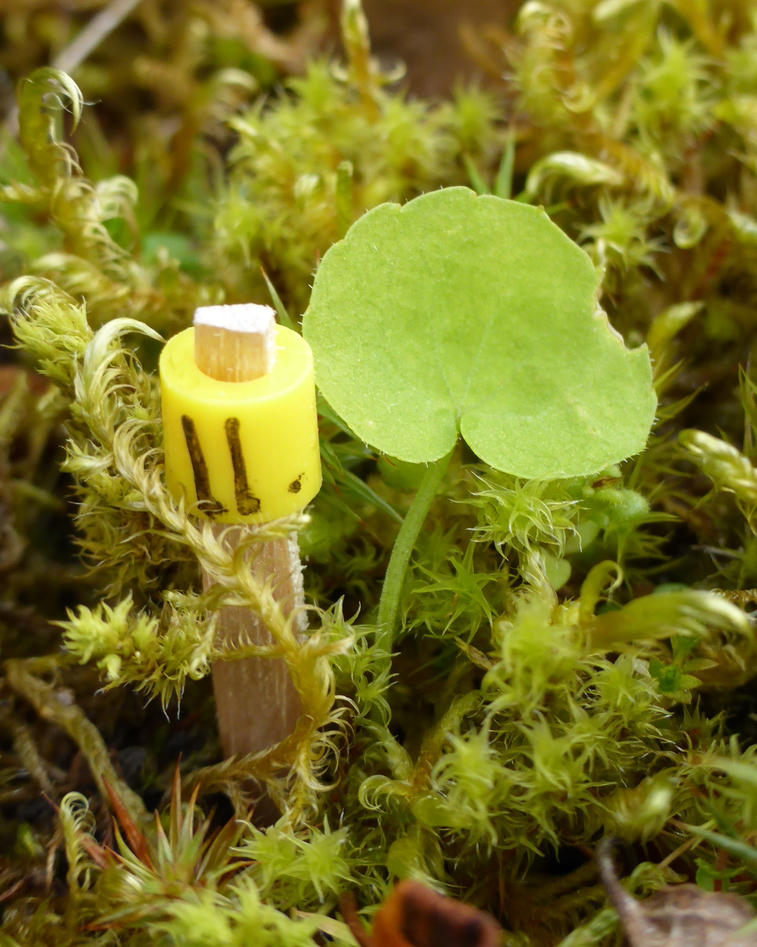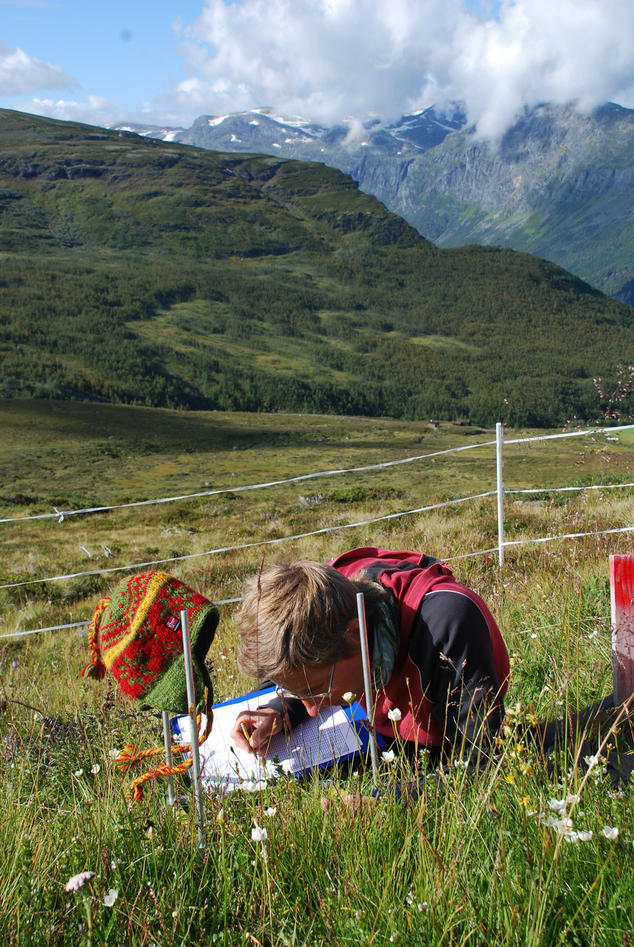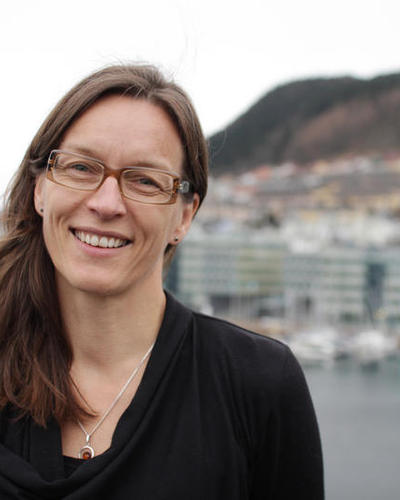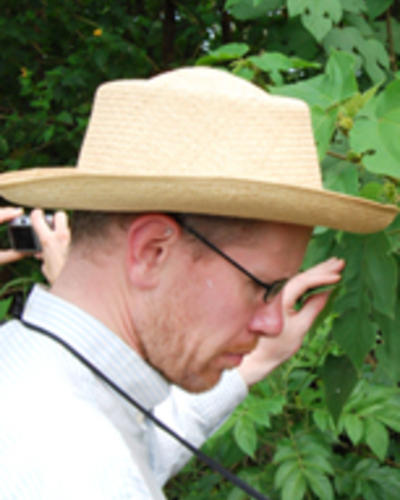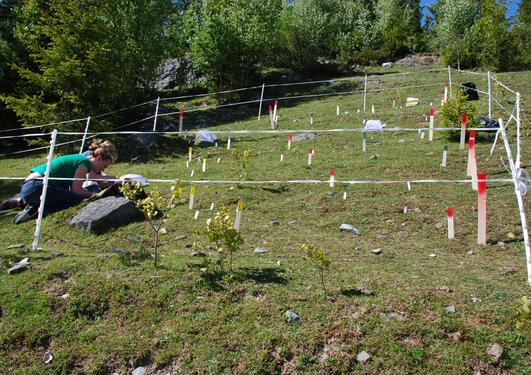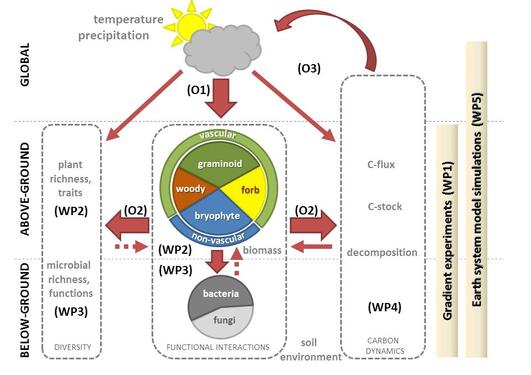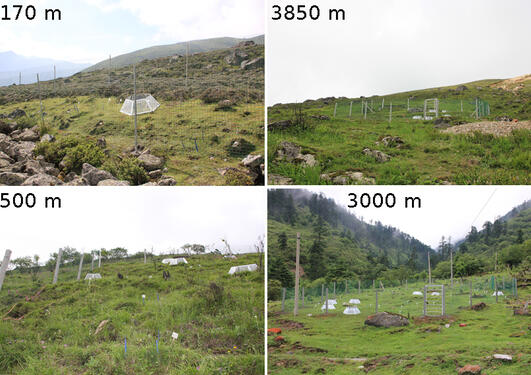INCLINE
INCLINE: Indirect climate change impacts on mountain plant communities
Hovedinnhold
Climate warming is already causing significant alterations in plant communities, including range shifts to higher elevation and latitude and changes in biodiversity and ecosystem functioning. It is unclear, however, to what extent these responses represent direct effects of altered climate, or indirect effects mediated by changing interactions among species. Entirely novel interactions, which arise because species do not migrate in concert, could have especially large impacts on species, community and ecosystem responses to climate change, especially if newly arriving species introduce novel functional traits and trait combinations. This possibility has received little attention in climate change ecology.
INCLINE is designed to achieve the following objectives:
- Disentangle direct, indirect, and novel interaction impacts of climate warming on alpine species and communities, and assess how these vary with climatic context (WP1).
- Identify the global predictors of successful establishment of novel species, and of susceptibility of resident species to the effects of climate change and/or novel interactions (WP2).
- Further our mechanistic understanding of the causes and impacts of novel interactions through trait-based and demographic approaches (WP1–3).
- Advance our ability to predict the outcome of direct and indirect impacts, including novel competitive interactions, for species distributions (WP3).
- Develop and disseminate innovative educational packages on climate change impacts (All WPs)
INCLINE will focus on the indirect effects of climate change, and particularly the impact of novel species colonising upland plant communities. The three work-packages are outlined below.
WP1 – We will conduct field experiments to investigate and disentangle the impacts of (i) direct effects of climate warming, (ii) indirect effects of changes in interactions between already-present species, and (iii) indirect effects of introduced novel species interactions. These experiments, conducted in the SeedClim grid in Western Norway, will help us understand how plant populations, plant communities, biodiversity and ecosystem functioning are affected by climate change directly, indirectly, and through novel interactions.
WP2 – Taking a meta-analysis approach, we will harness existing data from plant community transplant experiments from around the world, and relate patterns of colonisation/extinction to functional traits of the component species. This will improve our understanding of climate change impacts on mountain vegetation, uncover underlying mechanisms, and demonstrate how these vary with ecological and environmental settings on a global scale.
WP3 – The results of WP1&2 will be used to develop mechanistic models of species’ distributions, contributing to the next-generation of predictive models that can incorporate the impacts of changing species interactions on range dynamics under climate change.
INCLINE will collaborate with SeedClim, FunCaB, and other projects using the SeedClim Climate Grid. We also have opportunities for Internships, Master's level studies and visiting researchers.
Project partners
Vigdis Vandvik, UiB, PI, WP1, WP2.
Joachim Töpper, Norwegian Institute for Nature Research (NINA), Co-PI, WP1, WP3.
Jake Alexander, University of Lausanne. WP3.
Olav Skarpaas, Natural History Museum, University of Oslo, WP1, WP3.
Brian Enquist, University of Arizona (UA), WP3.
Jeff Diez, University of California, Riverside, WP2.
Deborah Goldberg, University of Michigan (UM), WP1.
Kari Klanderud, Norwegian University of Life Sciences (NMBU), WP1.
Olaug Kvam, UiB, End-users: Education, teachers.
Siri Lie Olsen, NINA, WP1.
Richard Telford, UiB, WP1.
Ragnhild Gya – PhD student working on WP1
Josh Lynn – Postdoc working on WP2
Master students
Lasse SF Søgaard (2019-2020) – Resource allocation
Gunvor Skjelstad (2019-2020) – Floral traits along climate gradients
